The components of weight management programmes and their outcomes vary widely across the UK. Weight management services are key to the prevention of comorbidities related to obesity, namely diabetes and cardiovascular risks, which in turn trigger other comorbidities. Therefore, setting up a weight management clinic in this current climate, is a favourable idea. The epidemic of obesity is constantly rising and the options currently available are limited. If you are thinking of setting up a weight management service, there might be a few things you want to consider before starting.
Firstly, ensure your clinic meets regulatory requirements, some providers may need to be CQC registered to meet PGD requirements to supply and/or administer specified medicines to a pre-defined group of patients. Also ensure your insurance is aware of your intentions and outline any needs you may need to identify before commencing. If you are undertaking a remote consultation, having a risk assessment form signed off by your insurer could also be an option to continue with consultations without the need to see patients face to face. Here at ECG we can help you set up a risk assessment form that you are comfortable with.
When preparing to set up clinic, ensure your clinic is adapted to meet the needs of those who are obese or overweight. Think about purchasing an accurate set of scales to measure even the heaviest of patients, and alongside this, lifestyle weight management services should also ensure there are large blood pressure cuffs and suitably sized chairs without arms to keep patients dignity throughout.
When undertaking your consultation, discussions of weight can be sensitive for both providers and patients, particularly because obesity-related terms, such as morbidly obese and fat, can be perceived as negative and stigmatizing, particularly by persons with obesity. Consideration of preferred terms for discussing obesity is especially important for health-care providers because this can influence patient care and perceptions of health-care provider weight bias. Therefore, ensure you are familiar with the appropriate terminology to use, such as BMI, weight, and excess weight. Refrain form terms such as unhealthy and fat.
We always talk about the VIN when looking at weight management service: Verify: Always verify with your employer if there are any local policies or procedures that you may need to follow to ensure compliance. Inform: Inform your local GP surgery colleagues of the service so that they can refer any patients to you. Notify: Notify your colleagues of the weight management service you are setting up and, as appropriate, advise them to complete this training course to ensure consistency to patients/clients.
Losing weight is a long-term measure so ensure you set SMART goals for the patient, so that they can achieve them within a realistic timely manner. This can be goals such as ‘I will walk 30 minutes a day’ as opposed to ‘I will lose 5 kg in 2 weeks’ Also bear in mind that transparency is key, ensure patients are aware that losing weight is not a quick fix and it will take time and motivation. Explore with participants any issues that may affect their likelihood of benefiting from the programme. Discussions should take place at the outset and at other times if someone is having difficulty attending or participating in the programme. Discussions should include:
- any previous or ongoing strategies to manage their weight (acknowledge what the person has already achieved)
- any positive or negative experiences of weight management programmes
- any concerns they may have, or barriers they may face, in relation to joining the programme, the process of change or meeting their personal goals
You should consider your service to be a therapeutic package, as its been found that optimal treatment involving a multidisciplinary team following the Chronic Care Model of health care delivery is the most beneficial for those on a weight loss journey. Combined treatment programs should ideally include 1) a low-calorie diet individualised to patients’ preferences, 2) structured exercise that is also tailored to each patient, and 3) psychotherapy induce as this has been found to induce the largest weight changes in patients with obesity. Although diet alone can achieve weight loss, exercise and cognitive behavioural therapy components can enhance the effects of dietary modification. A multidisciplinary team that includes a physician with expertise in pharmacotherapy, a nurse and/or nurse practitioner, a dietitian, an exercise physiologist, and a psychologist can provide a comprehensive weight loss program combining the most effective interventions from each discipline. Speak to local gyms, support groups and/or GP surgeries, as it maybe you could commence a service together to ensure you are meeting the needs to the patient throughout their journey with you.
Written by Karrie Wallace (ECG, Public Health Lead & Clinical Trainer), Friday 26th June 2020
You can follow ECG Training at: https://twitter.com/ECG_MK













